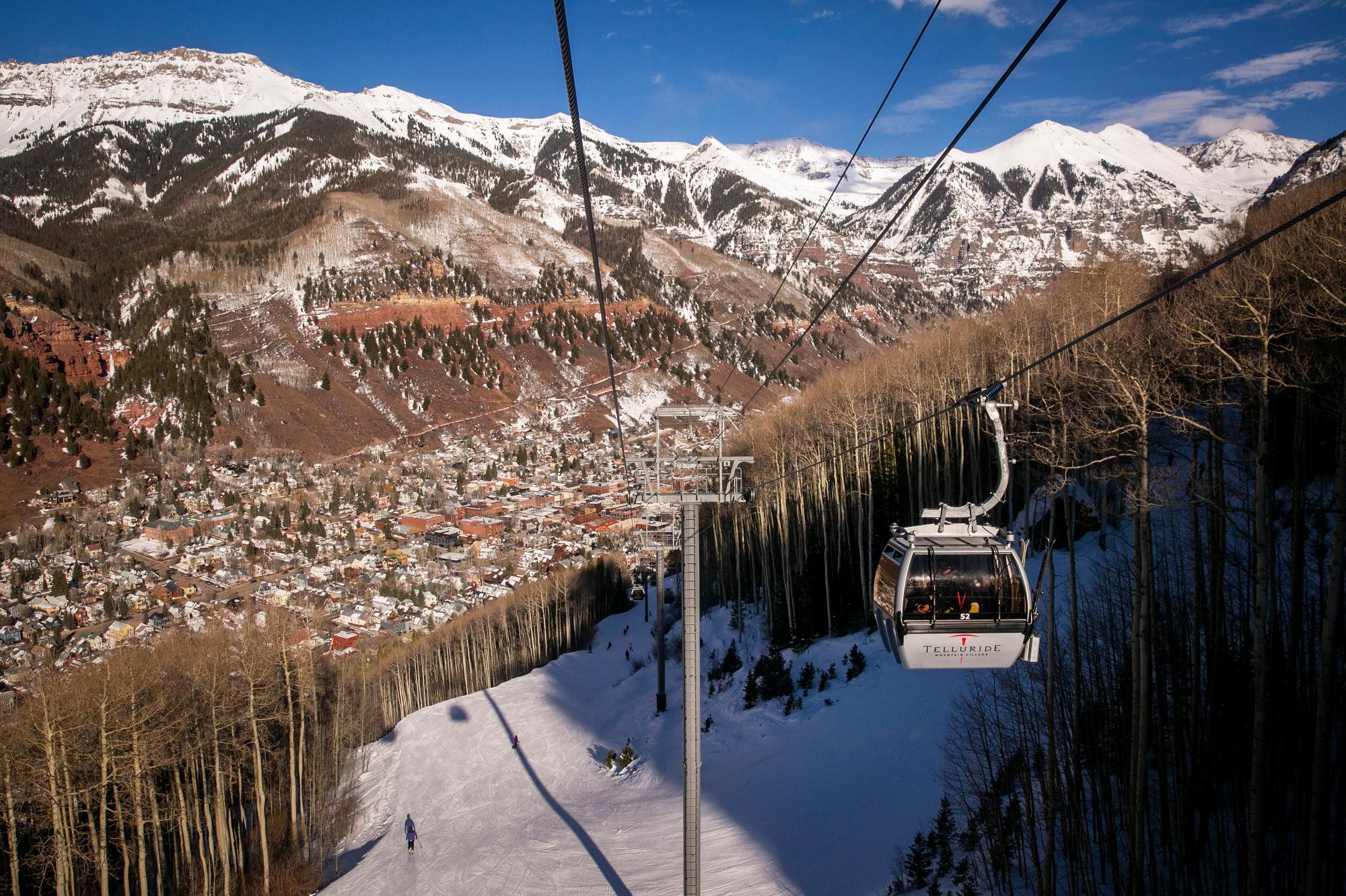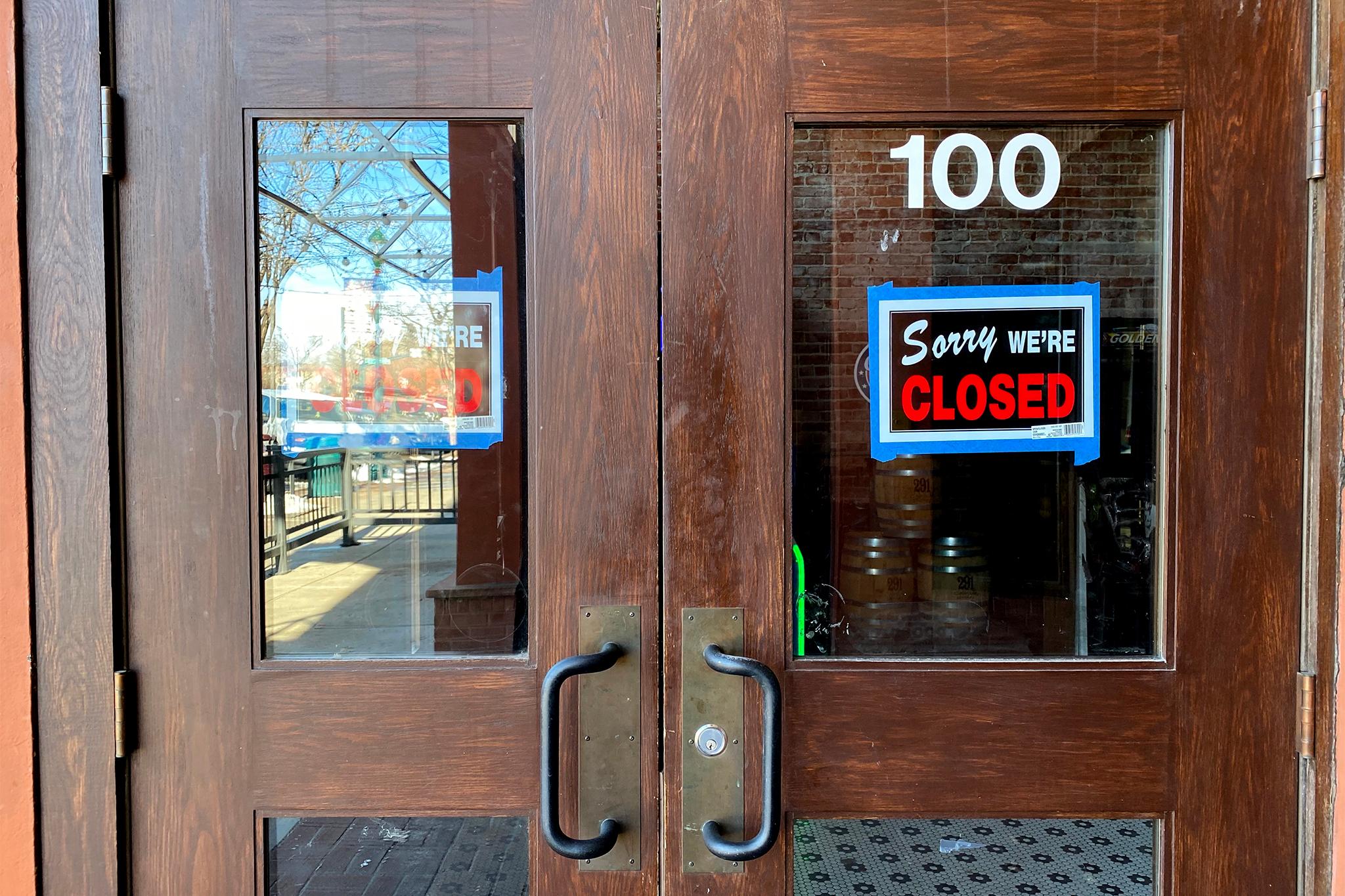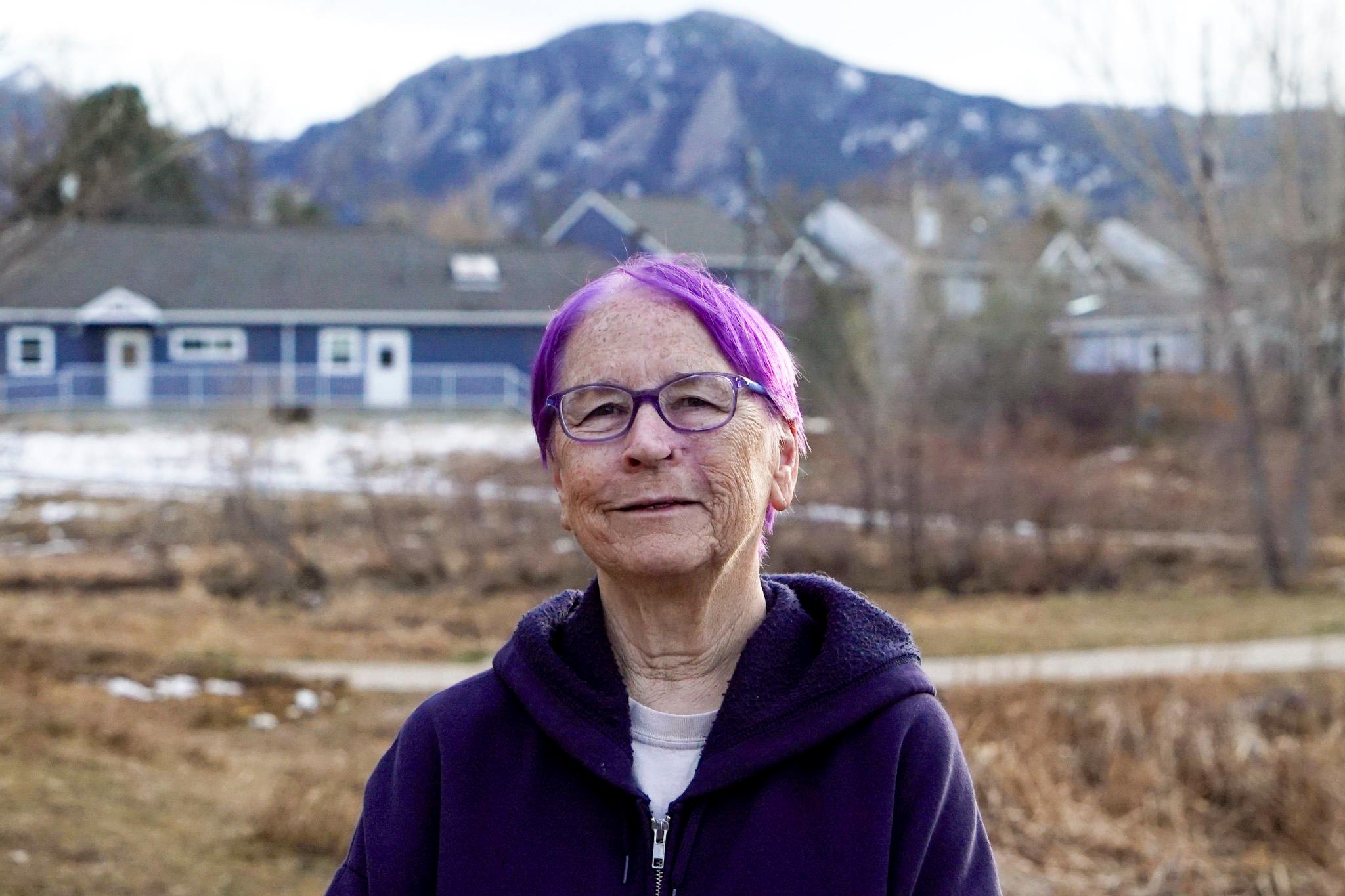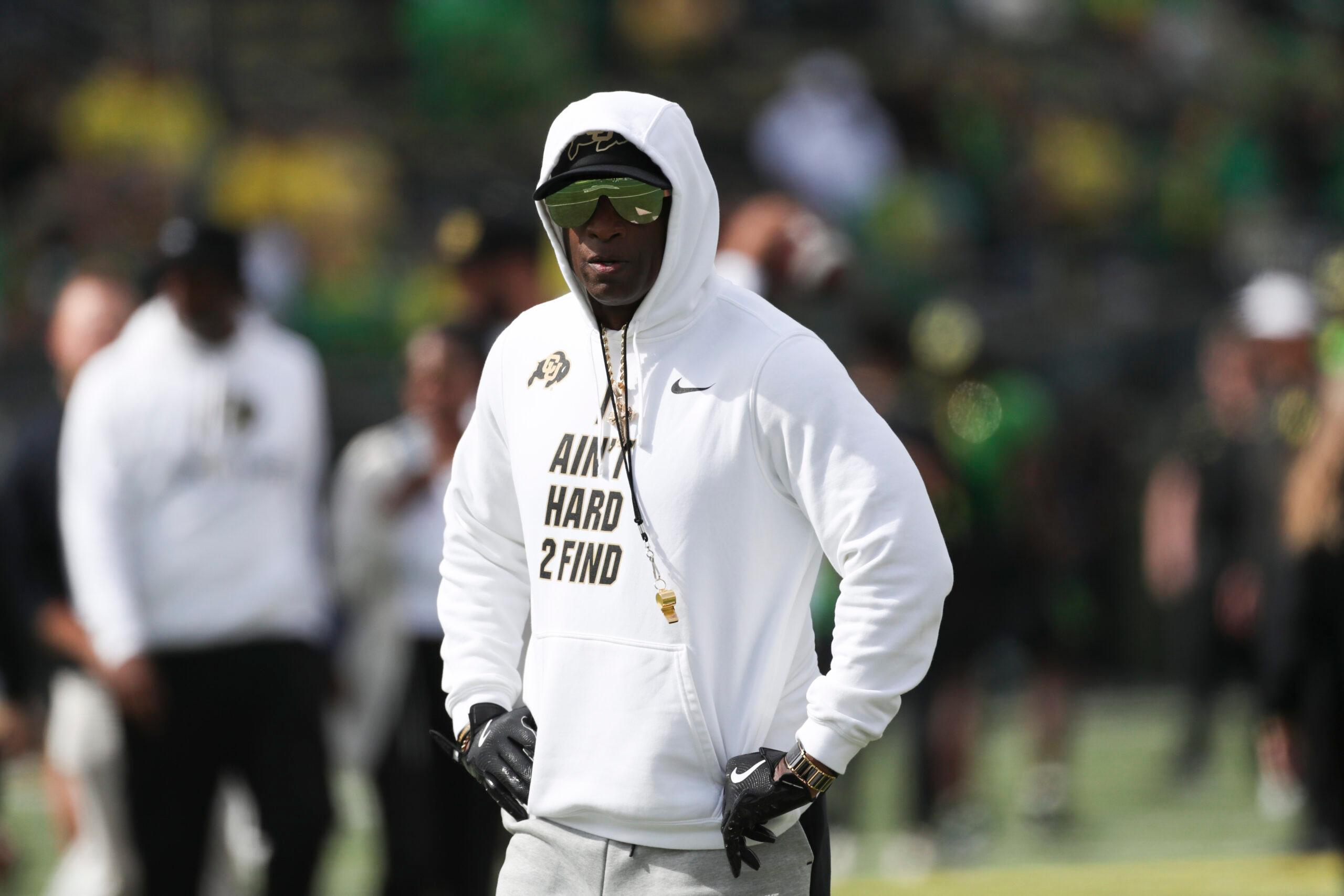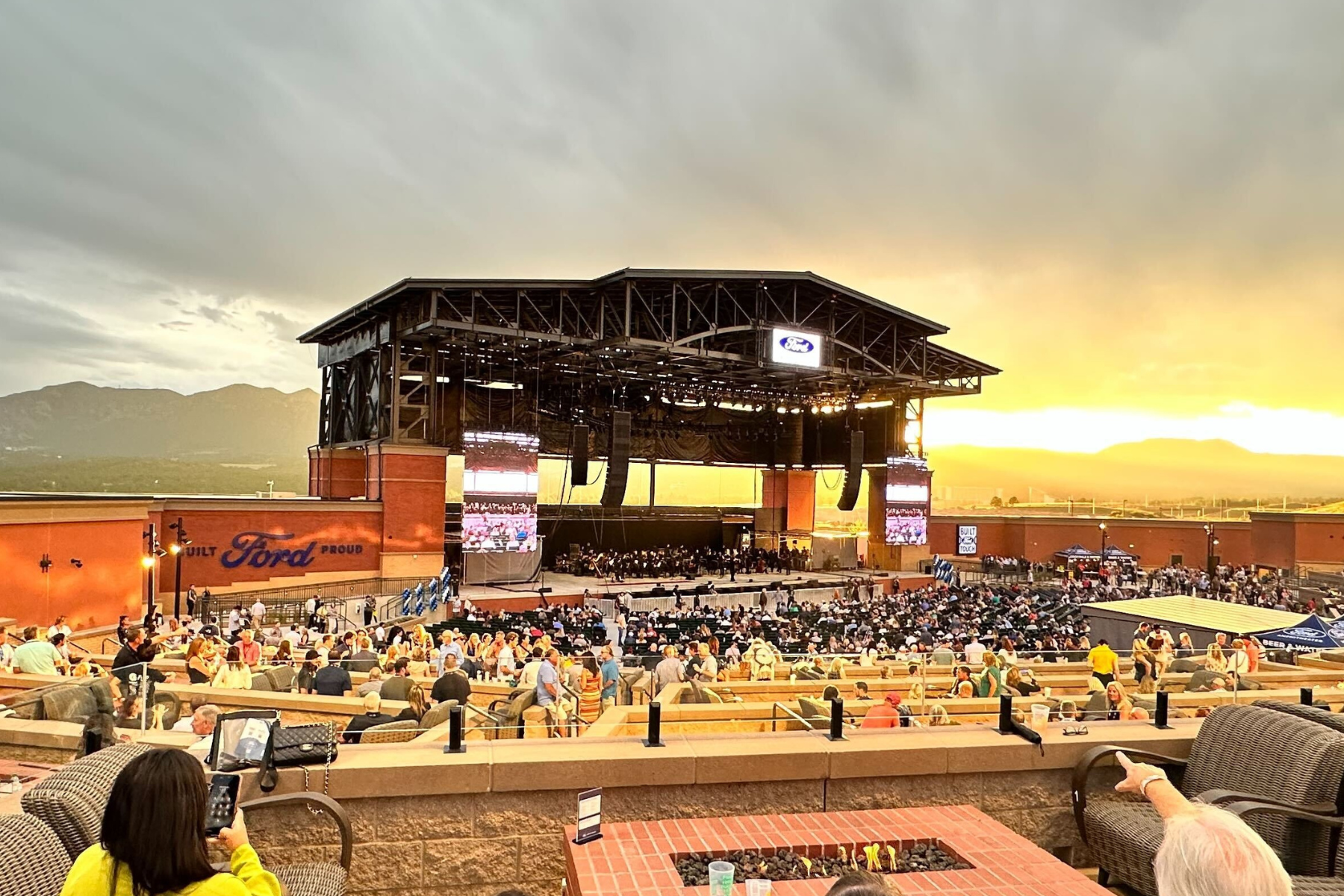
Opponents of the Ford Amphitheater in Colorado Springs are hoping a recent Colorado Supreme Court ruling will lead to more noise mitigation efforts at the concert space.
The ruling in the case of Hobbs v. City of Salida found that the city had improperly issued noise limit exemption permits for concerts at the High Side! Bar and Grill restaurant. Salida resident Matthew Hobbs, who lives near High Side, had sued the city over concerts that were permitted there since summer 2021.
The Supreme Court reversed lower court rulings siding with Salida and said Colorado’s 1971 Noise Abatement Act only allows for exemptions to noise limits for government or nonprofit entities, such as a fireworks show at the Pueblo State Fairgrounds.
Justice William W. Hood, III wrote in delivering the court’s opinion that when lawmakers were debating the bill, “(n)o one suggested that the exemption would allow a for-profit entity to host an event on private property not used by a primary entity for a qualifying purpose.”.
Ford Amphitheater, the 8,000-person capacity outdoor concert venue that opened in August 2024, has been issued noise hardship permits from the city of Colorado Springs each of the last two years. The permit generally allows sound levels from the venue to rise 5 decibels above the ambient noise limit before a violation is issued. Those limits range from 50 to 55 decibels, depending on the time of day. For short periods, no more than 15 minutes per hour, concert noise levels can rise to 10 decibels above limits.
“It is now clear that a city-issued permit does not exempt for-profit entities from the noise pollution limits of the state Noise Abatement Act,” said a release from Ford Hurts Families, a resident watchdog group. “Will VENU and/or the City of Colorado Springs change their ways to become compliant?”
“We are aware of the recent ruling by the Colorado Supreme Court and are currently reviewing its implications,” said Colorado Springs Acting Chief Communications Officer Joe Hollmann in an email. “We will provide further updates as appropriate.”
Hollmann noted the venue had not been issued any violations for breaking the city’s noise hardship permit so far in 2025.
Noise levels at the Ford Amphitheater were a concern of nearby residents before construction was finished, and some even sued to stop its development. A district court judge dismissed that suit, but the opposition only strengthened once the amphitheater opened. Neighbors complained of concerts rattling windows and disturbing sleep, even from miles away.
The city and VENU — the company behind the amphitheater — reached an agreement last year on a range of changes to the site to reduce noise. Those changes, amounting to an estimated $3 million investment, were implemented this past off-season. They included building higher sound walls and installing additional noise monitoring stations.
Tobin Kern, an attorney representing VENU, said in a statement to CPR News that the company continues to be in compliance with the commitments it has made with the city. As for the Supreme Court’s ruling that only governments or nonprofits can be granted waivers, he pointed to the nonprofit Venu Arts & Culture Foundation, which he said is already involved in the amphitheater.
“If our foundation needs to take on an even greater role in the venue’s operation because of this ruling, then we will look at making those changes,” Kern wrote.
VENU and city leaders have suggested the Ford Amphitheater could have an estimated $100 million annual economic impact for Colorado Springs.

